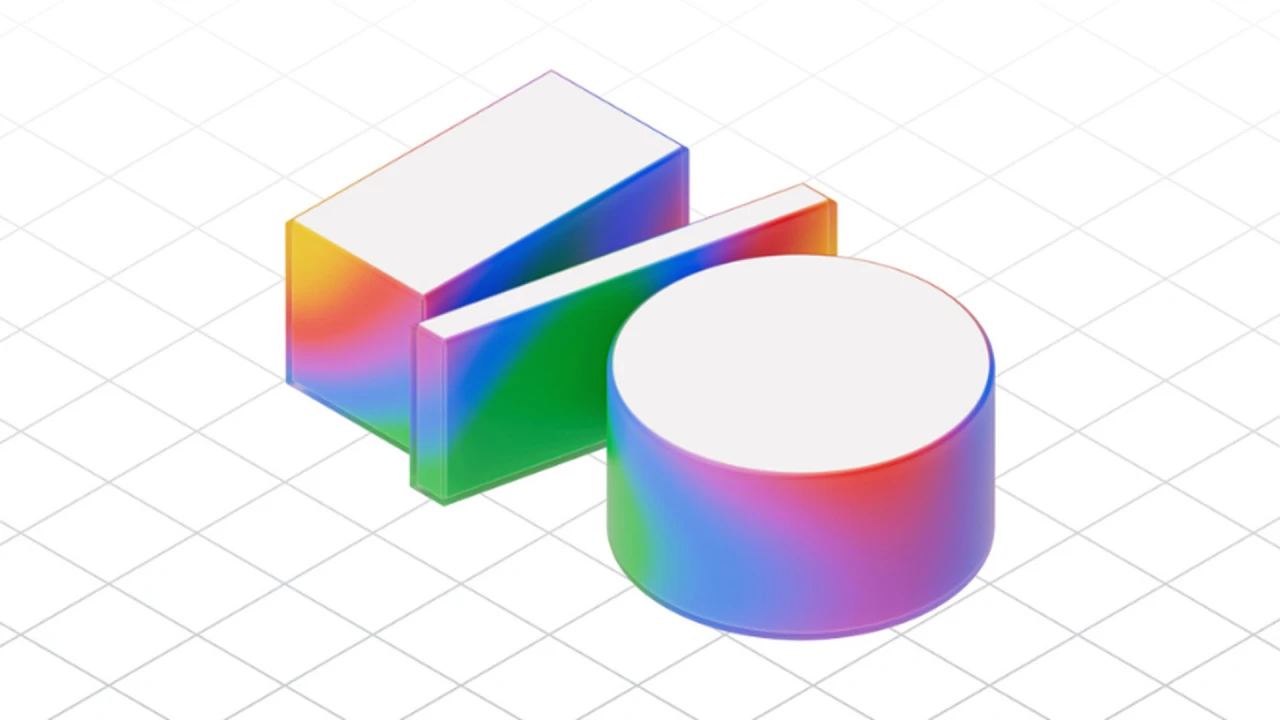The Future of Smart Wellness Centers
Smart technology isn't just simply a trend; it's an entire transformation. Through the use of the latest technology. A weight loss and wellness center is not just able to meet the increasing expectations of clients today and also make itself known as an innovative health center.

1. High Initial Investment
Solution: Begin with scalable solutions such as apps or IoT-based monitoring before moving to more advanced equipment.
2. Data Privacy Concerns
Solution: Use HIPAA-compliant software and databases that are encrypted to safeguard personal information of the client.
3. Staff Training
Solution: Offer regular training sessions and certificates on the latest technology tools and security.
4. Client Adaptability
Solution: Create simple, user-friendly interfaces as well as guidance for users who aren't tech-savvy.
Real-World Case Study: Zen Life Wellness, Arizona
Alchemy health and wellness integrated smart beds VR meditation, and biometric check-ins. In just 6 months, they noticed:
The report shows a 35% rise in the number of new customers from millennials who are tech-savvy.
The result is a 22% increase in retention of customers due to increased satisfaction.
A 15 percent reduction in operating costs by implementing automation.
Challenges and Solutions
Technology continues to develop we can expect to see
Personal coaches with AI guidance embedded in mobile applications.
Digital twins of patients to simulate the effects of wellness before beginning treatments.
Voice biometrics to determine stress levels and emotional state.
Blockchain to secure management of health records and client engagement based on rewards.
FAQs About Smart Technology in Wellness Centers
Are smart technologies safe to use in wellness settings?
Yes, when it is implemented using industry-compliant tools and systems that are monitored.
Do smart technologies substitute the human therapist?
No. They improve the human experience, not substitute it.
Can users opt out of using technology?
Absolutely. Traditional methods are still available to those who would prefer traditional methods.
Does the client's data remain secure?
Reputable systems use encryption and adhere to privacy laws, such as HIPAA.
What's the ROI of smart technology investments?
High ROI through retention of customers, operational savings and brand differentiation.
Do older users adapt well to wellness apps that are smart?
With proper onboarding, clients can enjoy the convenience and personalized experience.
What does a complete Integration price?
It varies--basic setups can start at $5,000, while the full system can go over $100,000.
Which of the smart features is most effective?
Wearable integration and automated scheduling have seen significant improvement.
Wellness apps needed?
Highly recommended. They provide centralized communications and tracking as well as engagement.
Is VR therapy appropriate for all people?
It's ideal for all but is not advised for people with specific neurological issues.
Does smart technology help the mental well-being of people?
Yes, apps, VR chatbots, and AI bots offer an important boost to anxiety and stress.
What is the frequency at which wellness information be evaluated?
Weekly reviews are ideal for individualized plans of care.
Smart centers can operate from a distance?
Yes. Telehealth as well as IoT tools can be used to manage remote healthcare.
Do users need to purchase their own equipment?
Not necessarily. Many centers offer equipment or wearables during sessions.
Do you think smart integration will be required by 2025?
Not mandatory, but it's becoming a standard for the industry to stay competitive.
Final Thoughts
Smart technology isn't just simply a trend; it's an entire transformation. Through the use of the latest technology. A weight loss and wellness center is not just able to meet the increasing expectations of clients today and also make itself known as an innovative health center. From biometric scanning to AI-led programs, incorporating intelligent technology increases the depth, accessibility, and quality of healthcare. As we enter an increasingly connected and data-driven environment, smart wellness centers are at the forefront in the field of holistic innovation.
For wellness-focused entrepreneurs and facility managers, it's a simple message that integrating smart technology isn't just about remaining current but about changing the way we think about health for the better.














































































































![Building A Digital PR Strategy: 10 Essential Steps for Beginners [With Examples]](https://buzzsumo.com/wp-content/uploads/2023/09/Building-A-Digital-PR-Strategy-10-Essential-Steps-for-Beginners-With-Examples-bblog-masthead.jpg)















![How to Use GA4 to Track Social Media Traffic: 6 Questions, Answers and Insights [VIDEO]](https://www.orbitmedia.com/wp-content/uploads/2023/06/ab-testing.png)


































